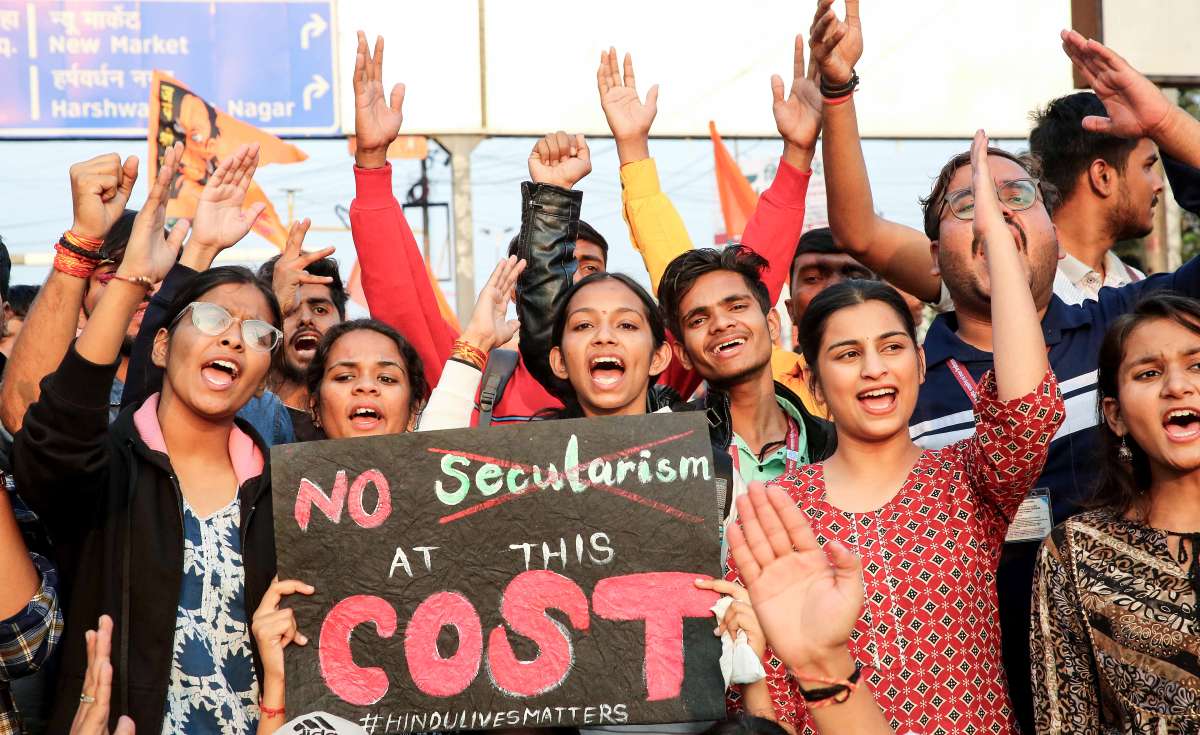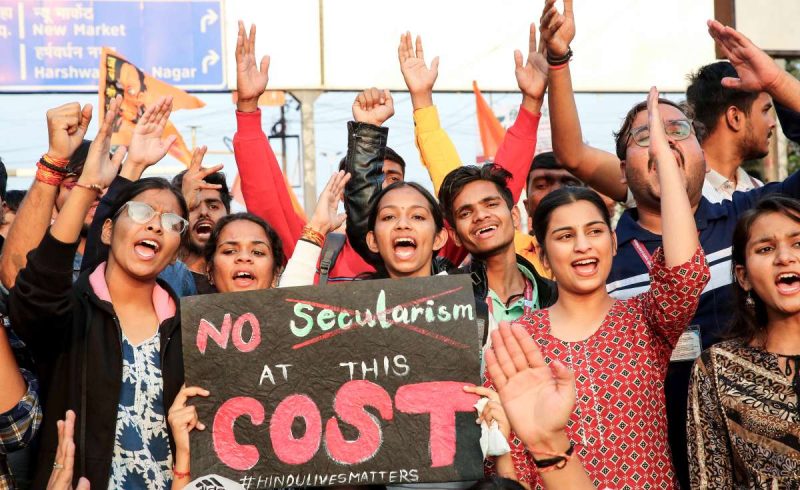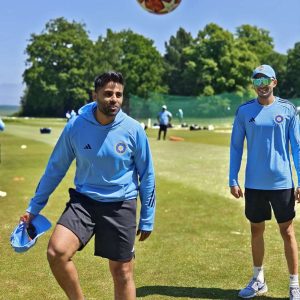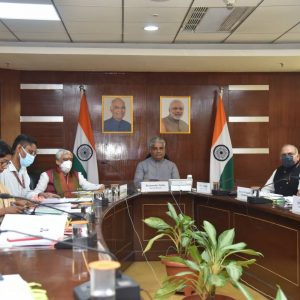Congress’ freedom movement against British rule got a tremendous impetus from the 1945 showpiece trial of three officers of Netaji Subhas Chandra Bose’s Indian National Army (INA), says CPI(M) leader Subhashini Ali
Subhashini Ali, a well-known leader of the Communist Party of India (Marxist), believes the Indian National Congress’ freedom movement received a tremendous impetus from the 1945 showpiece trial of three officers of Netaji Subhas Chandra Bose’s Indian National Army (INA). This rebel army, formed in Singapore, fought against the British commanded Indian Army in north-east India in 1944-45. Bose was previously a president of the Congress.
Speaking at a seminar on the book The Trial that Shook Britain: How a Court Martial Hastened Acceptance of Indian Independence by former BBC and CNN broadcaster, Ashis Ray, published by Routledge, at London’s School of Oriental and African Studies (SOAS), she remarked, ‘Certainly the Congress got a tremendous impetus from the INA and the trial.’
Ali is also a daughter of one of the three accused in the landmark trial – the late Captain Prem Sahgal. Her mother Lakshmi Swaminadhan Sahgal also served in the INA as commander of the Rani of Jhansi Regiment.
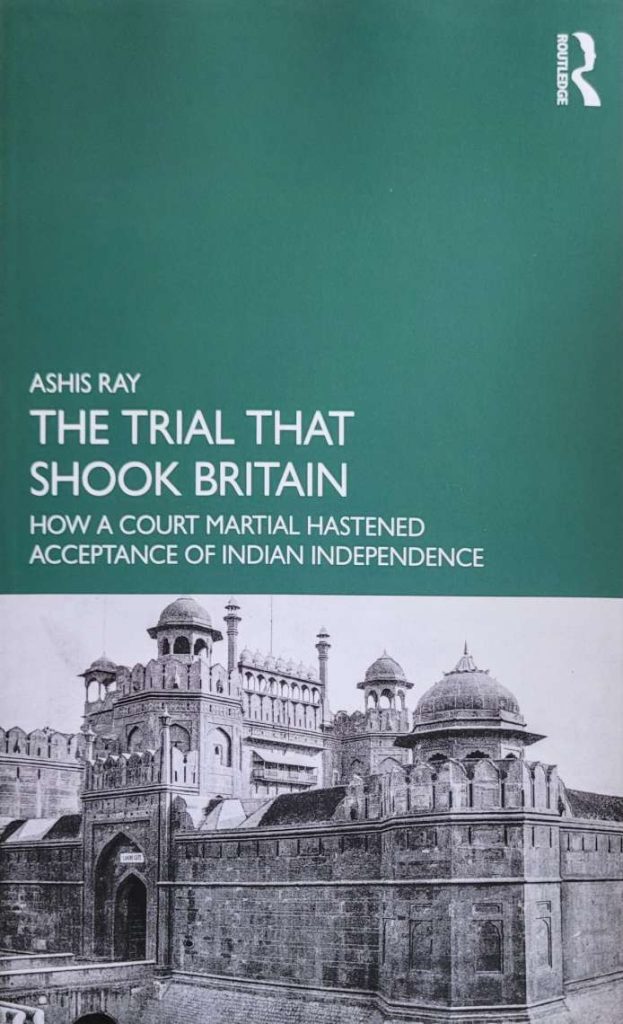
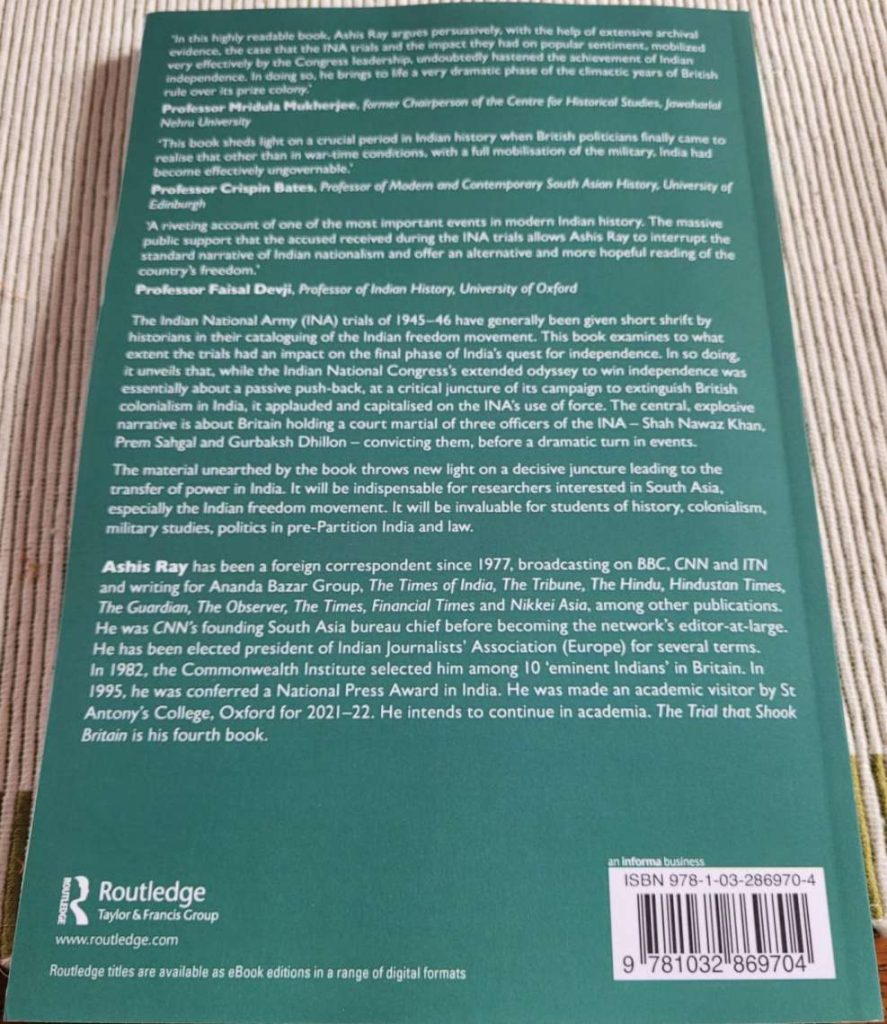
Commissioned officers of the British commanded Indian Army, Sahgal, Captain Shah Nawaz Khan and Lieutenant Gurbaksh Dhillon, were put on trial by the British for waging war against the British monarch, King George VI. They were found guilty and sentenced to life imprisonment. However, because of the mass public upsurge against the trial in India and opposition among officers and men in the British commanded Indian Army, their sentences were commuted by the then commander-in-chief of armed forces in India, General Sir Claude Auchinleck.
Ali stated, ‘The Muslim League (the separatist organisation that demanded and got Pakistan) wanted to defend Shah Nawaz Khan since he was a Muslim. They said it was their right to defend him. But Shah Nawaz rejected that.’
She also maintained, ‘The RSS (Rashtriya Swayamsevak Sangh) had no role to play in defending the INA people.’
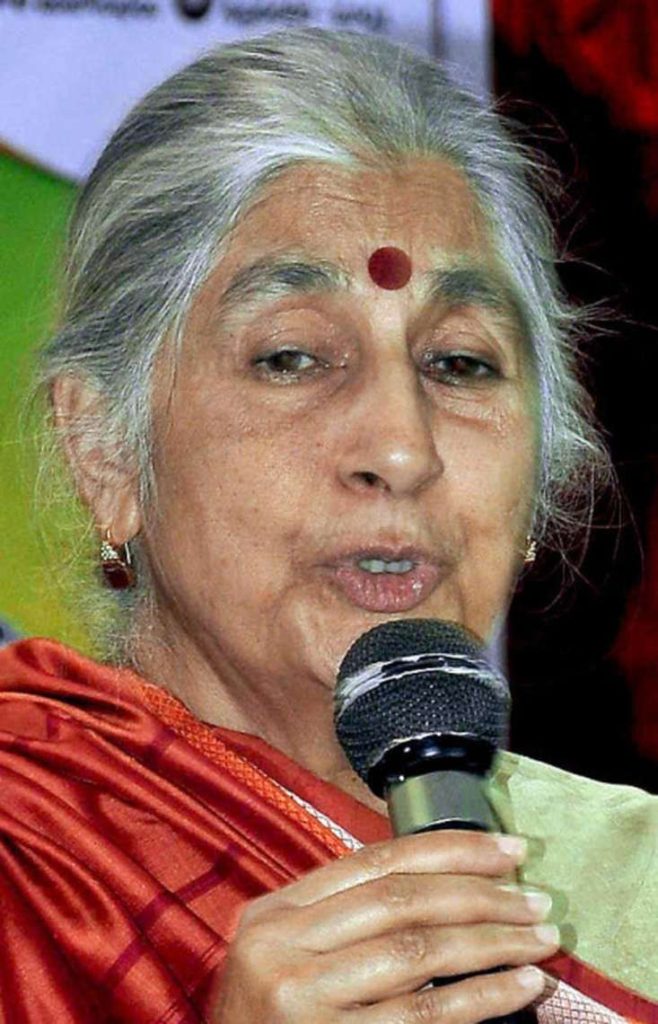
Referring to Bhulabhai Desai, the lawyer who defended the trio and after whom an important thoroughfare is named in Mumbai, she asserted, ‘His defence has been used in many countries outside of India where people who have been fighting for their independence from their colonial rulers. Those arguments that an enslaved people have every right to rebel; that there is no question of that kind of rebellion being considered treachery.’
Ray, who researched and wrote the book at St Antony’s College, University of Oxford, citing a speech by the British prime minister, Clement Attlee, in the House of Commons in March 1946, said, ‘He could not have been clearer that the phenomenon of the INA trial, triggering the (February 1946) naval and other mutinies, had disturbed the devotion of Indian soldiers in the British commanded armed forces.’
Professor Subir Sinha, director of the South Asia Institute at SOAS, who chaired the event, commented that the book was ‘really fascinating information’.
The book is recommended by Routledge for masters degree courses in Indian or South Asian History.






